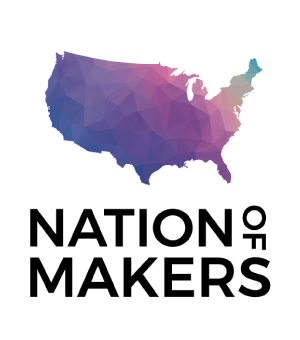STELAR (STEM Learning and Research Center)
STELAR
The National Science Foundation's Innovative Technology Experiences for Students and Teachers (ITEST) program supports the research and development of innovative models for engaging K-12 students in authentic experiences that build their capacity to participate in the science, technology, engineering, and mathematics (STEM) and information and communications technology (ICT) workforce of the future. The mission of STELAR is to build capacity and magnify the results of ITEST projects to deepen the impact of the ITEST program. STELAR learning and research center has necessary resources to help develop a curriculum.Website
National Science Foundation
K-12 Resources and findings generated through educational research and development projects funded in part by the National Science Foundation.(800) 381 1532
Advanced Technological Education (ATE)
National Science Foundation (NSF)
2-year colleges doing work related to technical educationSmall Business Innovation Research Program Phase I (SBIR)
National Science Foundation (NSF)
The NSF SBIR program supports startups and small businesses in the creation of innovative, disruptive technologies, getting discoveries out of the lab and into the market.Small Business Technology Transfer Program Phase I (STTR)
National Science Foundation (NSF)
The NSF STTR Program funds early or 'seed' stage research and development. The program is designed to provide equity-free funding and entrepreneurial support at the earliest stages of company and technology development.National Robotics Initiative 2.0: Ubiquitous Collaborative Robots (NRI-2.0)
National Science Foundation (NSF)
The NRI-2.0 program builds upon the original National Robotics Initiative (NRI) program to support fundamental research in the United States that will accelerate the development and use of collaborative robots (co-robots) that work beside or cooperatively with people. The program supports four main research thrusts that are envisioned to advance the goal of ubiquitous co-robots: scalability, customizability, lowering barriers to entry, and societal impact. Collaboration between academic, industry, non-profit, and other organizations is encouraged to establish better linkages between fundamental science and engineering and technology development, deployment, and use.